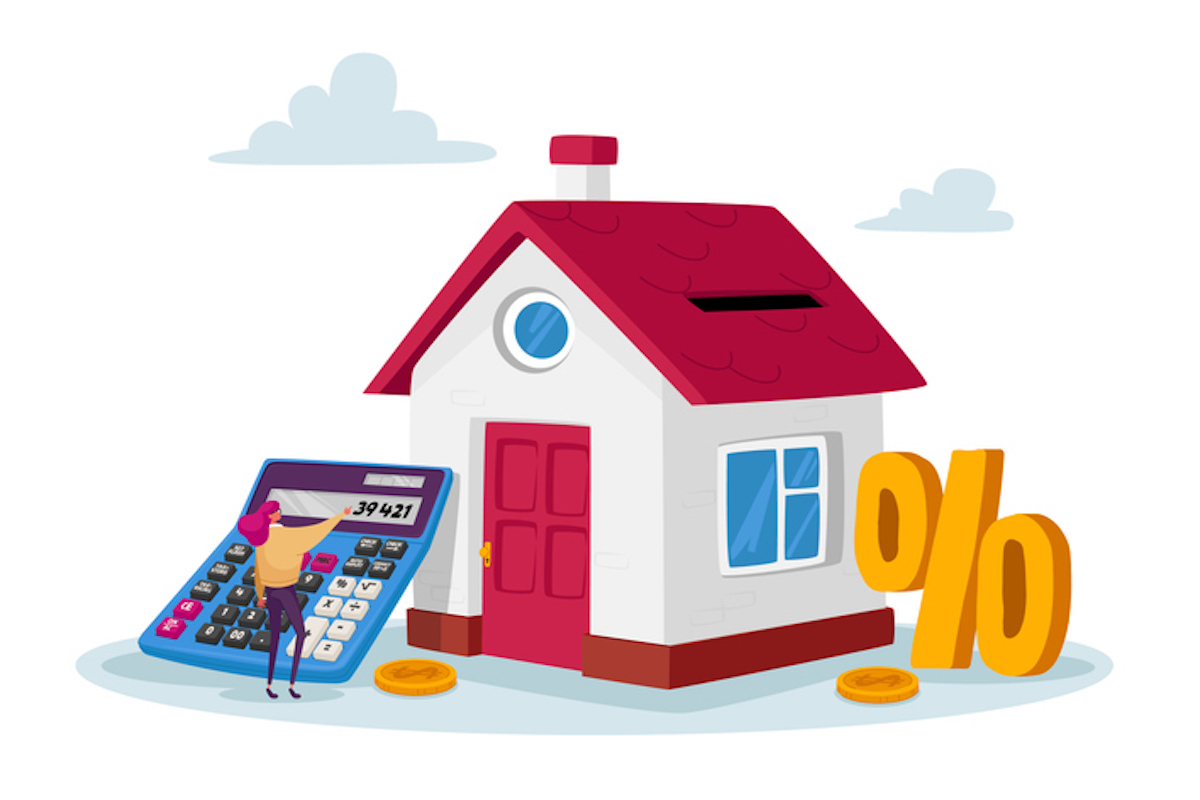Home loans are perhaps the most desired financial instrument which helps turn homeownership a reality for would-be home buyers. Housing finance has become immensely trendy these days and home loan on WhatsApp is an earnest and simple option.
Home loans are repayable via home loan EMIs. Each EMI is divided to cover the principal and interest components of the loan. The housing loan interest rate one gets offered affects the interest component of one’s EMIs, the overall EMI, total interest payout, and the final cost of borrowing funds. The interest rate on home loans typically starts from 8.35% per annum but can go much higher. This article addresses all you need to know about housing loan interest rates in India.
Latest Housing Loan Interest Rates in India: All You Need to Know
1. Housing loans in India are provided at different types of interest rates. In normal circumstances, borrowers can choose between floating and fixed interest rates. For fixed interest rate home loans, the interest rate is fixed for the home loan tenor. Housing loan interest rate and loan EMIs are not influenced by external market forces.
Planning and budgeting for fixed interest rate home loans are easier as the EMIs remain the same for the loan tenor. But to the lender, floating interest rate home loans are riskier, and that is why they tend to be provided at lower rates of interest. Loan applicants need to consider the pros and cons of both kinds of loans before making a decision.
2. It is critical to understand how MCLR and Repo Rate changes affect your home loan EMIs. The Marginal Cost of Lending Rate (MCLR) is the minimum rate of interest below which banks cannot sanction loans. Banks revise their MCLR rate every year, but the effect of the MCLR rate on EMIs is felt only after the date of revision. Repo Rate revisions will also affect your loan EMIs. Repo Rate is the rate at which the Reserve Bank of India provides loans to banks against government-approved securities as collateral. Repo Rate is changed due to increasing inflation and domestic and foreign market conditions.
Since the majority of housing loan interest rates are Repo Rate-linked now, Repo Rate changes have a direct impact on your home loan EMIs. A hike in repo rate will increase your home loan EMIs and a repo rate cut will lead to less expensive home loan EMIs if you have floating interest rates.
3. It is just as important to be informed in terms of factors that impact housing loan interest rates. For instance, your credit score is one of the most significant parameters that decide your housing loan interest rate on your loan.Having a credit score of over 750 indicates excellent repayment capacity and good credit payment history. Any such score guarantees loan sanction as well as the facility to avail a low housing loan interest rate and other advantageous loan terms. Secure income and employment also give assurance for a profitable deal by enhancing the lender’s confidence in the loan applicant’s capability to repay.
The loan to value ratio is the ratio of the market value of the property to the loan amount borrowed. The loan applicants have to provide as much as they can as down payment and avail themselves of a low LTV ratio loan to be in a good bargaining position. They should also search for a property of high value to invest in to get a low interest rate for a housing loan.
Key Insights
Housing loans are the most important nowadays when house prices are increasing every month.
Today, as much as 80% of house buyers borrow housing finance for buying a property. Interest on housing loans could be fixed interest or floating interest. The buyer must select a suitable type of interest rate in their favor, which is advantageous to them by comparing the merits and demerits of all types.
In addition, it is necessary to cultivate a comprehensive knowledge of the chief determinants that influence housing loan interest rates, such as credit score, work and income stability, loan-to-value ratio, debt-to-income ratio, and external benchmark rates. Understanding these factors and how they impact home loan EMIs will help you make smart and right decisions.
